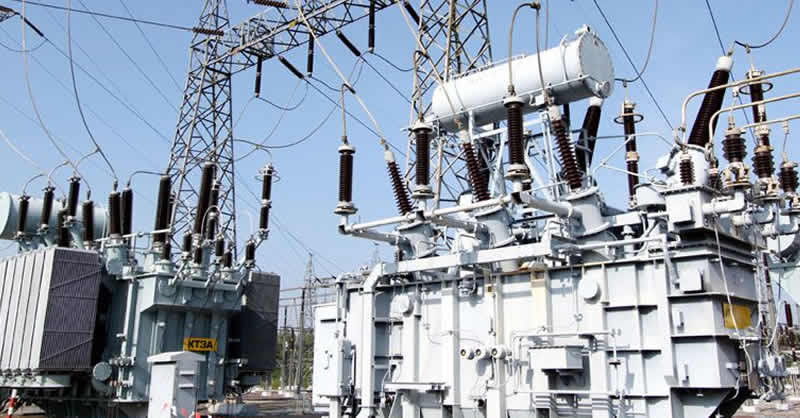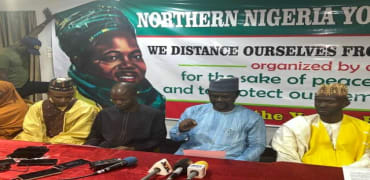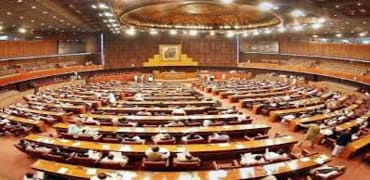Minister's 6,000MW Power Promise In Peril As National Grid Collapses Again: Can Nigeria Overcome the Crisis?
"Minister’s 6,000MW Power Promise in Peril as National Grid Collapses Again: Can Nigeria Overcome the Crisis?"
Nigeria’s power sector is facing a serious crisis, as multiple national grid collapses continue to undermine the Minister of Power’s pledge to deliver 6,000 megawatts by the end of the year. The most recent collapse occurred on Saturday at 8:16 a.m., marking the third major failure in just one week. This latest incident caused widespread blackouts across the country, leaving millions of Nigerians in the dark and fueling frustration among electricity consumers.
The collapse, which saw power generation plummet from 3,968 megawatts at 7 a.m. to a shocking 47 megawatts by 9 a.m., has raised serious concerns about the state of Nigeria's power infrastructure. Consumers have expressed outrage, calling the repeated failures an embarrassment to the nation and a direct threat to businesses and daily life. Many are questioning the quality of the materials used to build the grid and the competence of the professionals managing it.
As the system operator scrambled to restore power, the incident reignited debate over the minister's ambitious target. Minister of Power, Adebayo Adelabu, had promised significant improvements in power supply, assuring Nigerians that the country would reach 6,000MW by the end of 2024. However, with grid collapses becoming increasingly frequent, many wonder if this goal is still achievable.
Adelabu pointed to substandard equipment and lack of oversight as major factors behind the recurring failures. "How can we expect grid stability when substandard materials are used, and transformers are connected without proper supervision?" asked Okorie, a power sector analyst. He further criticized the Nigerian Electricity Regulatory Commission (NERC) for prioritizing revenue collection over consumer rights, particularly in the area of metering.
The NERC blamed the most recent collapse on a transformer explosion at the Jebba transmission station, which triggered a cascade of power plant shutdowns. In a statement, the commission acknowledged the escalating grid disturbances and assured Nigerians that efforts to restore power were well underway, with significant progress made by 1 p.m. on Saturday.
Adelabu, while addressing the issue, emphasized the need for multiple power grids in different regions and states, arguing that the current system is too centralized and prone to failure. He suggested that regional power grids could provide greater stability and help prevent future collapses. "Grid collapse is almost inevitable given the deplorable state of our power infrastructure," he said.
With consumers already bearing the burden of high electricity costs and unreliable supply, the ongoing grid failures present a significant challenge to Nigeria's economic growth. The question remains: can Nigeria fix its power grid and deliver on the promise of 6,000MW, or will these frequent collapses continue to leave the country in darkness?
Yakubu Haruna Yakubu






















